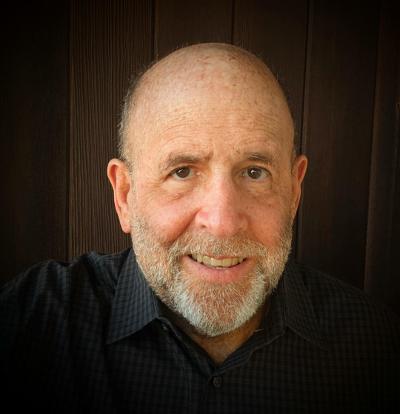
Andrew Malekoff
A number of pundits have drawn parallels between the U.S. departure from Afghanistan to America’s exit from South Vietnam in 1975. I’ll leave such comparisons to historians to debate. For me, the reference to Vietnam brings to mind an essay that a Long Island teen wrote a decade after the fall of Saigon.
Hao Hoang was a participant in a research survey project I organized in 1983-84 that addressed how suburbia’s youth look at the future, with hope or despair. However, before I share Hoang’s essay, I’d like to draw your attention to a more recent survey.
The Washington Post just released findings of a national study of 1349 teens (14-18 years old) that they conducted from May 7 through June 15, 2021. The study found that, although teenagers are optimistic about the future, they see political divisions, health costs, racial discrimination and gun violence as the biggest threats to their generation.
In contrast, the more modest 1984 survey I conducted polled 277 young people (11-19 years old) living in Westbury and Port Washington, NY. In response to an open-ended question, “please give us your thoughts about something which concerns you deeply,” a remarkable 34% of the young people wrote about their fear of nuclear war.
As a part of the 1984 research, I sought more expansive reflections from teens that might add some depth to their surveyed concerns.
The spirit of that effort was no better captured than in an essay by Vietnamese refugee Hao Hoang, a teenager who came to the United States on July 11, 1980. Hoang’s essay was submitted to the Congressional Record on July 23, 1985 by Robert J. Mrazek, a five-term Democratic congressman from New York during the Reagan-Bush years. Hoang’s essay is worth revisiting today.
“When I first came to the United States, I was shocked by what I heard about how old people are being treated in this country. I heard that an old man had been dead in his house for a week before his children knew what had happened. Old people are being put in care centers away from their homes. To me, care centers are not homes; Care centers are places where old people are away from their grandchildren and other loved ones, and they feel rejected by their children. This was not how I used to see old people being treated in my country.
“I remember when I was in Viet-Nam every new year, the first person my father took [us] to visit was my dear old grandmother, who was living with my uncle. When all our relatives had arrived, my uncles and aunts, with my parents, each carried a cup of warm tea and walked toward my grandmother. They wished her a long life and good health. Then all her grandchildren, from the eldest to the youngest stood in line; each of us walked toward my grandmother and wished her a happy new year, and we would say things that lightened her heart. In reply, she wished us a brilliant future and a great career. This was what I used to see and remember. I used to think that being old was so rewarding, and how happy I would be to grow old.
“My father had set a fine example to all his children. He had shown that old people like my grandmother need comfort, not loneliness. I will take care of my parents as they had once taken good care of theirs. It won’t be a special thing to do, it will be a normal thing to do.
“I want you to take a look at the world around you, it was made especially for you by the contributions of your elders. I want you to feel your heart, the blood that is pumping in your heart is as pure as your parents’. When you were born, a stranger to the world, you were not able to take care of yourself, who took care of you? Now, your parents are old, and unable to support themselves; it’s your chance to take good care of them. It’s not a matter of tradition, it’s a matter of right. Is it right to take care of your own flesh and blood? The answer should naturally be yes.
“You know, you are the one that will influence the next generation. I want you to set a fine example, to all your children, show them that you care for your parents emotionally and financially, show them you respect them. There may have been some rough times between your parents and you, but when you have finally grown, you should give and forgive.
“I know I can do for my family alone, but if all in America set a fine example for their families, there will be no more bitter tears of loneliness. The problem of how to treat old people will be solved, and there will be a difference in our future.
“For every action, there is a reaction. How you treat your parents will be how your children will treat you, and what your parents receive from you will be what you will receive from your children.”
The two surveys offer snapshots of young people’s thoughts, opinions and feelings about the present and future across a four-decade span. When complemented by a narrative like Hao Hoang’s it leads us to deeper and more universal truths that are timeless.






